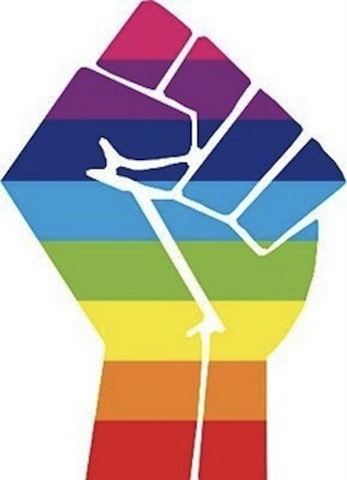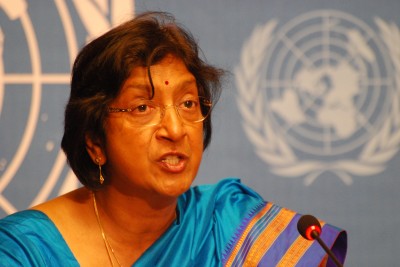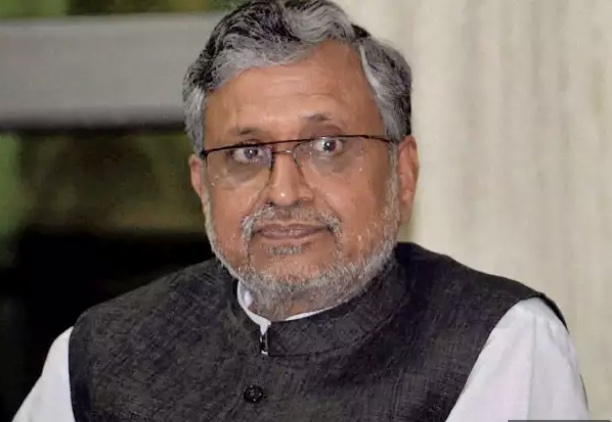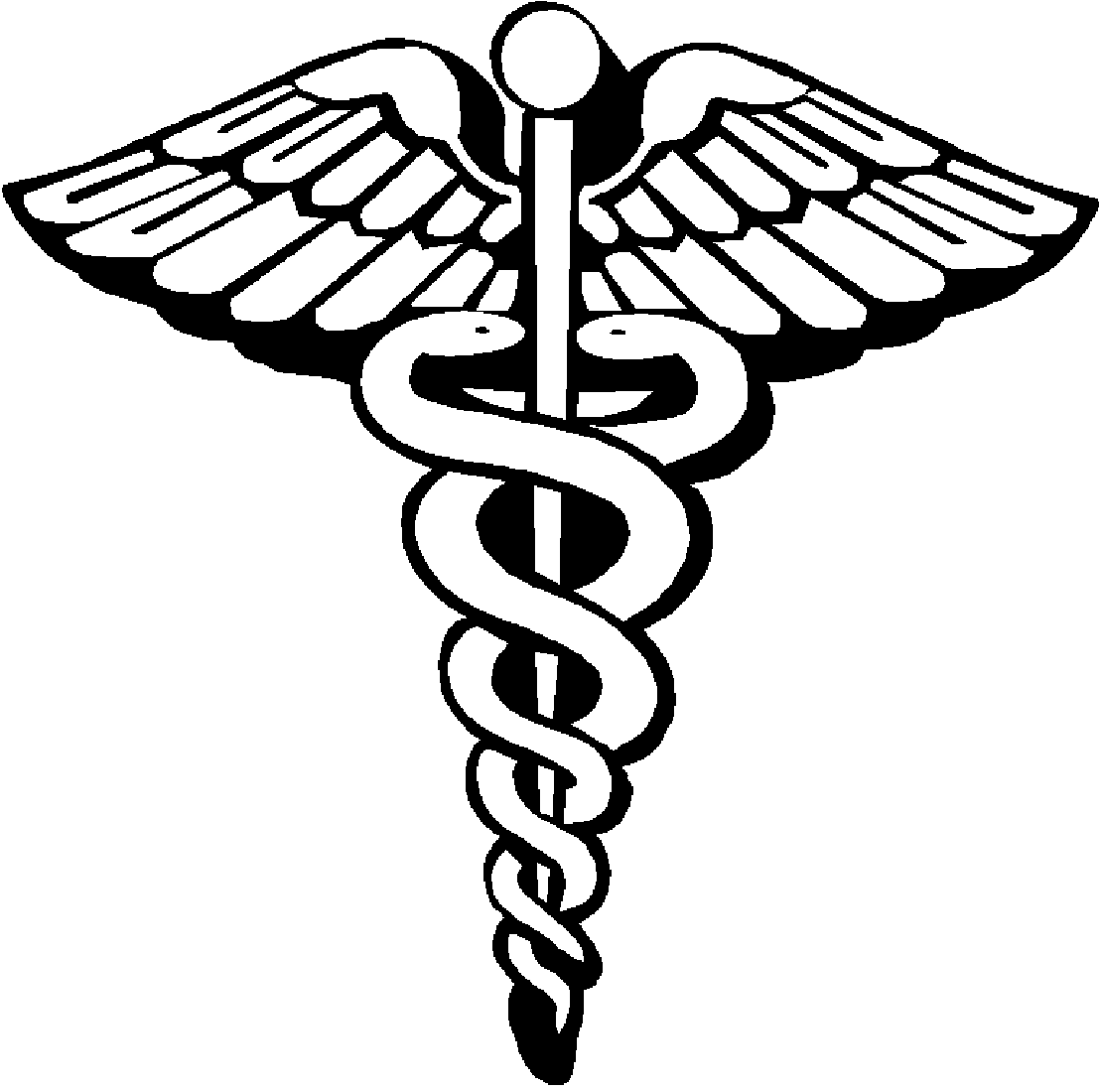Reviewing Our Options

On 28th Jan, 2014, the Supreme Court will decide on whether to review the shameful decision written by Justice Singhvi in Koushal vs.Naz.
The Court has been urged to do this by a huge outpouring of voices from the public expressed through mainstream and social media, in India and abroad, by different political parties, by voices from across civil society including several religious groups and, not least, by the government of India which has filed an extremely incisive brief pointing out many flaws in Justice Singhvi’s decision.
Lawyers for the LGBTQ community and its supporters have extended this critical analysis of the judgment with seven other petitions that together comprehensively expose the flaws in reasoning, the misconceptions and the unstated prejudices in Justice Singhvi’s decision. (details of all the petitions and the review process are available at https://orinam.net/377/377-supreme-court-review-petition-process-explained/ )
Along with this, we have also filed petitions asking for the verdict to be stayed because of the very real harm that is being or could be caused by recriminalizing so many people. This is supported by affidavits from LGBTQ people and their families that give actual examples of this harm – for example, from HIV outreach workers who give examples of the increased abuse they have faced from the police after the verdict, from psychiatrists who testify to the hugely increased stress faced by LGBTQ individuals who they have interacted with after the verdict and the parents of LGBTQ people who talk about the adverse reaction their children are facing from their families and other parts of society after the verdict.
All this represents an amazing amount of work put together by the legal team and people helping them in the very short time of 30 days from the verdict, which is the deadline for asking for a review. It also testifies to the amazing amount of support we have got from society at large following the verdict. Even people who are normally disinterested in LGBTQ rights were disgusted by the poor reasoning and plain prejudice displayed in Koushal vs. Naz. Whatever happens in the future, we have benefitted from the support that we have got as a reaction to such a bad decision.
We strongly hope that the Court will listen to us and agree that the case must be reheard again, probably with a larger bench of judges. This would only be fair given the constitutional importance of the case and the harm that leaving the judgment to stand will cause.
And let’s clear up one basic misconception here – the Supreme Court decision did not pass on the responsibility for change to Parliament. What the decision stated, with appalling flippancy, was that anyone unhappy with it could go to Parliament to change it. But as the Court knows very well, this is not only unlikely, given the near deadlock in Parliament, but it would mean abdicating a basic responsibility of the Supreme Court, which is to protect the fundamental rights of every individual and community, not matter how small, from the bullying of the majority.
We know we have a strong case, but we have to admit to the reality that the Court is very reluctant to change its decisions once they have been given. A process exists for review, but it is only very very rarely granted. You need to convince the same judges who gave the verdict that they were wrong and need to rethink, and this is never going to be easy.
In our case the main judge who wrote the verdict, Justice Singhvi has retired. For the purpose of hearing this review he has been replaced by Justice Dattu, one of the seniormost judges of the Court, who will soon take over as Chief Justice. He will consider the petitions along with Justice Mukhopadhaya who heard the case with Justice Singhvi (and agreed with his judgment).
We had asked to have these petitions consider in open court, but this was denied. They will be considered only by the two judges in their Chambers shortly after noon on Tuesday, 28th Jan. We expect to learn what the verdict is around 6.30 in the evening when the decisions for the day are posted on the Court’s website. As soon as we know what the verdict is we’ll be issuing a suitable statement.
Our hope, of course, is that a review is granted and that the decision is stayed. In that case we are back where we started before arguing the case in the Supreme Court in 2012 and we will get ready for the battle all over again – but stronger for all the public support we have received.
It’s also possible that they will agree to hear the case again, but not stay the verdict, which will be depressing and will make it imperative that we start chronicling and publicising the many cases of harm that are sure to ensue.
It’s also possible that while considering the petitions in Chambers tomorrow they might realise the importance of the issue and the need for transparency and ask for an open court hearing, which is what we want (note – this won’t be an actual rehearing, but a hearing about whether to rehear!)
It’s also possible that they might realise the injustice of the earlier verdict and set it aside. If you’re at all religious and believe in divine intervention, this is the time to ask for it, for this outcome!
And finally, it’s also possible that, no matter what problems the verdict has, and the depth and range of our arguments against it, the Court may just decide it doesn’t want to take it up again. Perhaps they might feel it sets a bad example for endless rehearing of cases. Perhaps they might just not want the bother. Perhaps they might be oblivious to public opinion. Perhaps they might be also be prejudiced.
If this happens, it’s not the end of the road. There still exists the option of filing a curative petition from an individual with no connection to the existing parties who feels he or she has been affected by the verdict without having been given a chance to explain his or her position in court. This remedy does exist in the Indian Supreme Court, but is only extremely rarely granted for the obvious reason that the Court doesn’t want to allow cases and arguments to drag on forever. If it has to be done we would have to be really careful to find a case where the arguments are so compelling the Court might agree.
But beyond the legal remedies, there is also society at large and this, as we have seen from all the support we have received, is where we have our best hopes for change. The support we’ve got, particularly from young people, shows that India is changing on this issue.
The support we’ve got from groups like politicians and corporate leaders that have mostly stayed out of this issue in the past but not now shows that contrary to what Justice Singhvi wrote we aren’t a ‘miniscule minority’ whose rights can be overlooked,
The support we’ve got from progressive religious groups and leaders shows that they are willing to stand up and disagree with the small minded extremists who claim to speak for all people of faith.
The support we’ve got from straight people with no particular connection with LGBTQ people shows how they can recognise the danger that such bad law poses for everyone.
We will build on this support, showing how LGBTQ people aren’t the weird, unnatural community that Koushal vs.Naz and its supporters imagine, that we are Indians just like anyone else, deserving no special rights, but just the same rights as everyone else.
Our opponents hope to scare us with this verdict back into the closet, or even to “being straight”. We need to show them that we won’t and can’t. Coming out will always be a personal decision, never to be forced on people, but more people must come out, and we will, till society recognises how absurd it is to treat us to treat us differently.
We know this will happen because we have seen it happen elsewhere. In the USA, in 1986, in the case of Bowers vs.Hardwick, the US Supreme Court held that it was permissible to discriminate against gay people. 17 years later in Lawrence vs.Texas, the Supreme Court, including one judge who had voted with the majority in Bowers, reversed itself and said that such discrimination was wrong. Society had changed and the Court had finally caught up with it.
Tomorrow the Supreme Court of India has the chance to start its catching up. We hope it will do so at once and not make us wait, but even if it does, we can’t doubt that the Court eventually will catch up with the country, and all the communities in it, that it serves.
For more information on the Section 377 review petitions, see https://orinam.net/377/377-supreme-court-review-petition-process-explained or visit the 377 archives at 377.orinam.net
Tamil translation of Vikram’s piece is at https://orinam.net/ta/reviewingoptions-tamil/ titled பிரிவு 377 குறித்த தீர்ப்பை மறுபரிசீலனை கோரும் மனுக்களை உச்ச நீதிமன்றம் இன்று அனுமதிக்குமா?





Our prayers and hopes are with the Judiciary of India. Fingers crossed.